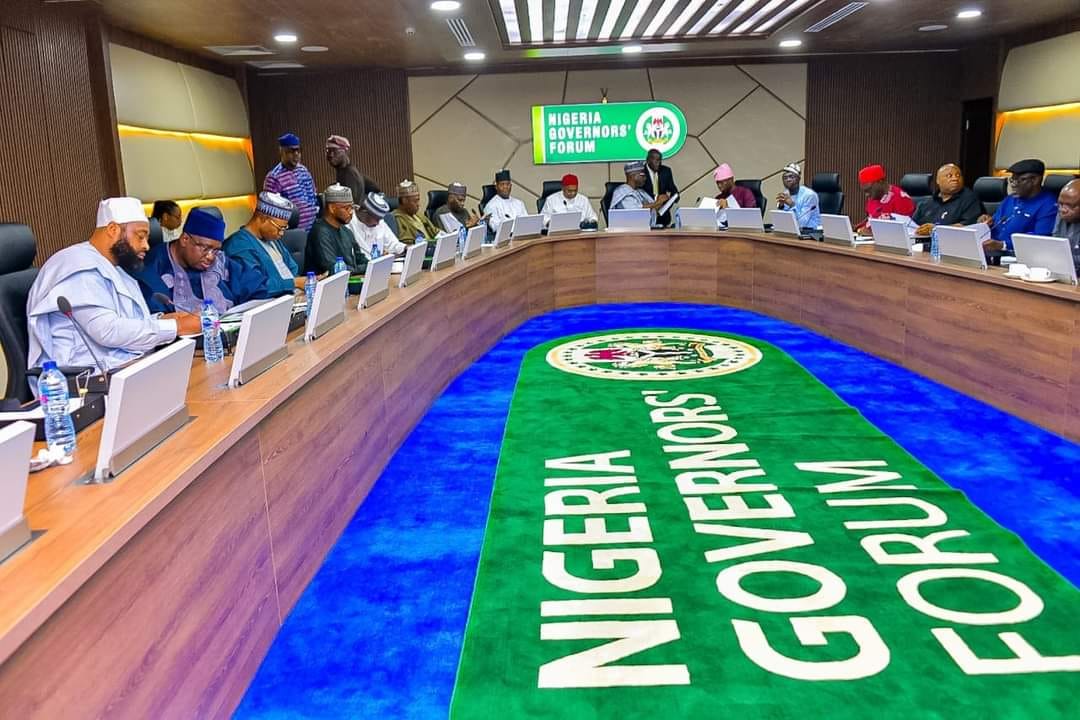Pressure is mounting for the winding down of AMCON as questions over its prolonged lifespan, mounting debt burden, and diminishing relevance to Nigeria’s financial stability sharpen into urgent calls for closure, writes Festus Akanbi
When the Asset Management Corporation of Nigeria (AMCON) was created in July 2010, it was nothing short of a special purpose arrangement to save distressed companies. The global financial crisis and Nigeria’s local banking meltdown had left a trail of toxic loans threatening to pull down the entire system. The federal government, through the Central Bank of Nigeria, birthed AMCON as an emergency vehicle to mop up non-performing loans and restore confidence in the banking industry.
And in truth, AMCON delivered. Without it, many banks would have collapsed. Depositors would have lost their life savings. Investor confidence in Nigeria’s economy would have evaporated. In its early years, AMCON was rightly seen as a saviour. It bought bad loans at discounted rates, warehoused them, and kept the system afloat.
But fifteen years after its creation, two simple questions hang over its head: why is AMCON still here? Has it come to stay forever?
Pioneer’s Verdict: Job Done, Curtain Call
Perhaps no voice carries more weight on this matter than that of Mustapha Chike-Obi, the corporation’s pioneer Managing Director. Speaking recently at the BusinessDay Policy Intervention Series, Chike-Obi was blunt in his assessment. AMCON, he argued, was created for an emergency that would have dragged down the banking sector. Without it, the system would have collapsed. At the time, it was necessary.
But today, he said, it is no longer necessary, and it will not be necessary in the future. In his words, AMCON has become the longest-running asset corporation in the world, yet debts that have not been recovered after thirteen years are unlikely ever to be recovered.
That verdict is damning. And he is not alone. From lawmakers on the Senate Committee on Banking, to shareholder associations such as ISAN, to respected bank directors, the chorus is growing louder: AMCON has outlived its purpose.
The Cost of Keeping AMCON Alive
AMCON is no longer an emergency vehicle. It has become, in many ways, a costly passenger dragging the system backward. The numbers tell the story starkly. In 2023 alone, nine banks contributed over N306 billion to AMCON’s sinking fund, a jump of nearly 26 per cent from the previous year. Statutory levies on banks, which include payments to AMCON and the NDIC, are now the second-largest expense item after staff salaries. In a few years, they are projected to overtake salaries themselves. Fidelity Bank, for example, a tier-2 lender, will pay about N50 billion in AMCON and NDIC fees in a single year. Larger banks like Zenith or Access will pay even more.
This is not a trivial burden. Every naira diverted to AMCON is a naira not available for shareholder dividends, for fresh lending to the real sector, or for capital investment. Nigerian banks are competing with peers in Brazil, Indonesia, and elsewhere, yet unlike those, they drag AMCON’s millstone on their balance sheets. The question is unavoidable: at what point does this become unsustainable?
Rewarding Bad Business Decisions
There is also the moral hazard question. AMCON, by design, absorbed the sins of reckless bankers and corporate borrowers. But the longer it exists, the more it signals that failure can always be socialised.
In one notorious case, a Nigerian airline operator allegedly diverted AMCON bailout funds into starting a bank in another country, leaving AMCON to clean up the mess. Other bank promoters, whose reckless lending and outright fraud sank their institutions, walked away scot-free while AMCON carried the can.
Retaining AMCON indefinitely rewards bad business behaviour. It whispers to the next generation of risk-takers: don’t worry, if things go south, AMCON will be there. That is not how a healthy financial system functions.
A Poor Recovery Scorecard
If AMCON’s defence is that it still has work to do, the numbers do not inspire confidence. Of the N5 trillion in bad loans it acquired, it has reportedly recovered only about N1.4 trillion in 15 years. Non-performing loans across the financial sector have risen again, by more than 150 per cent since AMCON’s creation. This means AMCON has not solved the underlying problem; it only postponed it. Worse, it is now recycling unrecovered debts, running up costs, and becoming a semi-permanent bureaucracy.
Shareholders have voiced their disappointment loudly. Sir Sunny Nwosu of ISAN lamented that the agency has failed to resolve the debt recovery issue, describing its performance as “a paltry N1.4 trillion since inception.” Such a record hardly justifies keeping the agency alive.
Political Dimension
Another reason AMCON has overstayed its welcome is political interference. Its obligors are not ordinary citizens. Many of them are well-connected billionaires, sitting in government or wielding enormous influence. As the current CEO, Gbenga Alade, recently admitted, dealing with recalcitrant debtors is one thing, but dealing with debtors who hold powerful positions in government is one of the most difficult tasks he has ever faced.
How does one recover loans from men who write the laws, approve budgets, or regulate the very agencies meant to hold them accountable? That paradox is at the heart of AMCON’s unnatural lifespan.
The controversies surrounding AMCON’s leadership have not helped. The recent N60 billion fraud charges against its former MD, Ahmed Kuru, later withdrawn by the government, added fuel to public scepticism. Even if the charges did not stick, the optics were terrible: an agency set up to clean the rot being itself accused of rot. When the referee is under suspicion, confidence in the game evaporates.
What Next? Options for Winding Down
To argue that AMCON should be wound down is not to deny its contributions. History will record that it stabilised Nigeria’s banks at a time of crisis. But the life-saving drip should not become a permanent fixture. The patient, Nigeria’s financial system, must learn to stand without it.
The path forward is clear. The National Assembly should legislate a definite end date for AMCON, giving clarity to banks, shareholders, and investors. A two- or three-year horizon would allow for an orderly transition. Its remaining functions can be merged into the Nigeria Deposit Insurance Corporation, which already plays a stabilisation role in the system. Rather than chasing unrecoverable debts, AMCON should focus on disposing of performing assets at market value. Transparency must also be part of the wind-down process: the names of high-profile obligors hiding under legal technicalities should be published, especially if they hold public office. Ultimately, the financial system must return to market discipline. Bankers and borrowers must know there will be no second AMCON to bail them out.
Why Delay Is Dangerous
Every extra year that AMCON lingers is a year of wasted resources and distorted incentives. As recapitalisation looms for Nigeria’s banks, the levies they pay to AMCON are eating into funds that should be strengthening their capital buffers. The danger is clear: if banks are forced to recapitalise while still carrying AMCON’s burden, the cost will be transferred to depositors and shareholders. Lending to small businesses will tighten further. Growth will stall. In effect, AMCON, which once saved the system, now risks choking it.
History teaches that extraordinary institutions must know when to bow out. The Marshall Plan, America’s post-war reconstruction aid to Europe, ended after four years. The Resolution Trust Corporation in the United States, created to mop up toxic savings-and-loan assets in the 1980s, shut down within a decade. Why then should AMCON still be alive fifteen years later, the longest-running asset corporation in the world?
The answer is simple: Nigeria has failed to let go. But the time has come. Winding down AMCON will not only ease the suffocating levies on banks, but it will also restore discipline to the financial sector. AMCON was the right answer to yesterday’s question. It is not the solution for today. To keep it indefinitely is to reward failure, punish success, and waste resources. Nigeria must summon the political will to pull the plug.




